Angry Wuhan Next-of-kin Seek Answers Over Virus Handling
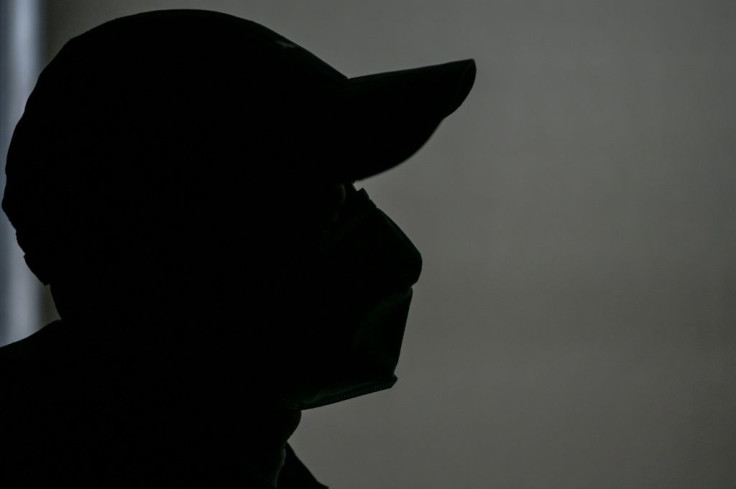
Zhang took his elderly father to a Wuhan hospital for a surgical procedure in January, just as coronavirus was consuming the central Chinese city. Within days, his father was dead of the contagion.
Devastated and angry, Zhang is now demanding answers from a government that he accuses of incompetence and lying about the extent of the virus.
He is not alone.
Zhang says he has linked online with dozens of other people whose grief over lost loved ones is paired with anger.
Zhang, in his 50s, declined to give his full name in an interview with AFP, fearing government retaliation for speaking to foreign media.
But he won't back down in his push for answers.
"I'm not afraid any more," said Zhang, who has contacted Wuhan's government for an explanation, but has received none.
"I'm just looking for the truth."
As fear of the virus eases, and Wuhan gradually re-opens after a more than two-month quarantine lockdown, some traumatised citizens are venting their bitterness.
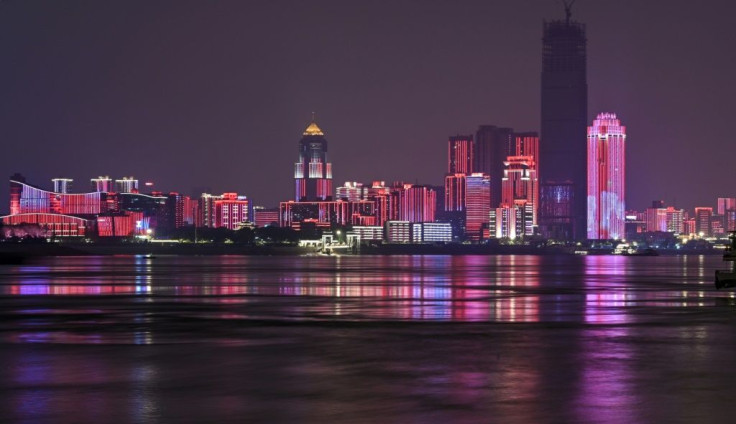
Their stories, some poured out in emotional accounts online, are emerging as suspicions grow that China's Communist Party government -- already accused of bungling its initial virus response and concealing the outbreak's scale -- continues to intentionally underestimate the number of deaths and infections.
Zhang brought his father from another province to their hometown Wuhan in mid-January for medical-insurance reasons, unaware a health catastrophe was erupting.
A mystery illness had been emanating from a food market that reportedly sold a range of exotic wildlife -- including species linked to previous deadly viral outbreaks.
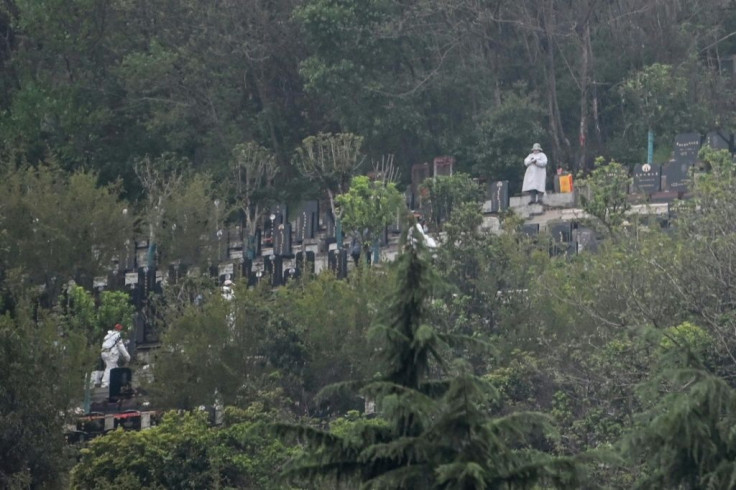
But local officials downplayed the risks, going ahead with mass celebrations for the Lunar New Year holiday and letting millions to leave the city, allowing the virus to spread nationwide and around the world.
Soon after his surgery, Zhang's father developed a fever and loss of appetite.
"He withered," said Zhang.
He was transferred to a quarantine ward, dying hours later. Official cause of death: COVID-19, the pneumonia-like illness caused by coronavirus.
"I feel extreme regret and extreme remorse. Sending him here (Wuhan) meant sending him to his death," said Zhang, who believes his father contracted the virus in hospital.
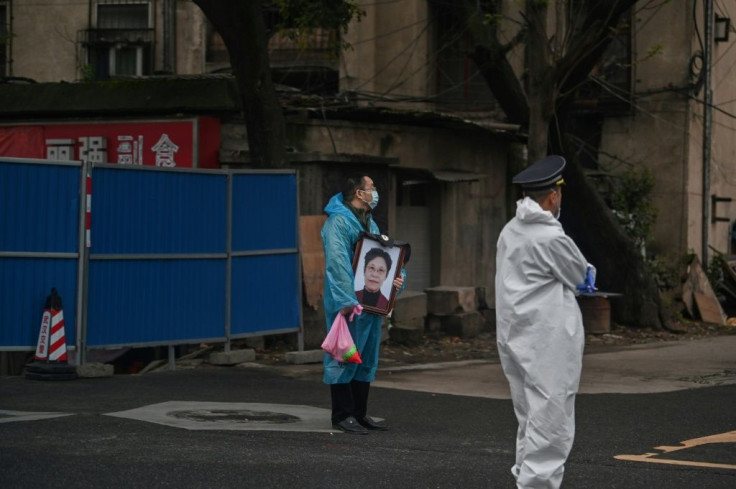
By then, authorities had shut down the city of 11 million and tens of millions more people throughout Hubei province, isolating it from the rest of China.
Residents were homebound until last week, when authorities said it was safe to begin relaxing the lockdown.
The central government says its aggressive measures helped slow the virus, but there is bitterness in Wuhan, where most of China's deaths occurred.
"How many families have been shattered because of a plague that could have been stopped?" one Wuhan woman, who says the virus took her husband, wrote on leading Chinese social media platform Weibo.
"How many unlucky common people lost their lives? No warning, no way to say good bye. Someone who was fine, suddenly gone!" she wrote, referring to local authorities as "criminals."
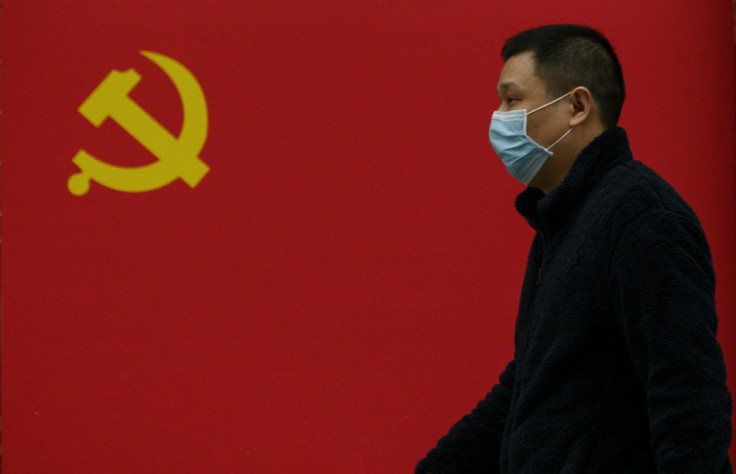
China faces growing questioning overseas as well, including from President Donald Trump and US lawmakers who on Wednesday cited a US intelligence report alleging Beijing is deliberately concealing the true picture.
China claims more than 82,000 confirmed cases and over 3,300 deaths -- including more than 2,500 dead in Wuhan.
That compares to over 200,000 cases and some 4,542 deaths in the United States, the country with the world's largest reported outbreak.
Local dissatisfaction was made clear in early March, when videos emerged showing Vice Premier Sun Chunlan being jeered by occupants of a Wuhan apartment block during an inspection tour.
The government has vaguely acknowledged shortcomings, and several top Wuhan and Hubei officials have been sacked.
There has been no indication of a wider government investigation to reveal what went wrong, however.
Zhang found comfort in an online group of anguished next-of-kin.
"Every family's loss was different. In some families as many as three people died," he said.
But this comes with deep risks in China.
The group was broken up this week after local police infiltrated it and summoned the moderator for questioning, Zhang said.
It is unclear if or how the loose group will remain in contact.
Authorities swiftly cremated his father's body, further upsetting Zhang, who was under lockdown along with the rest of the city.
Thin, nervous, and wearing an N95 mask during the interview, he is now resisting government pressure to collect and bury the ashes because of new rules requiring mourners to register for cemetery access and be accompanied by government minders.
"I feel this is a kind of surveillance," Zhang told AFP.
Authorities say the measures are meant to prevent large gatherings and to facilitate transport of next-of-kin in a city where some restrictions on movement remain.
Zhang said he and other grieving families want to see an investigation and criminal punishments.
"The misconduct of Wuhan officials caused this disaster, this man-made disaster," he said.
"The officials covered up the truth and the experts lied, which victimised so many people including my father."
"He's dead, but I'm still alive. I need an explanation."
© Copyright AFP 2024. All rights reserved.





















